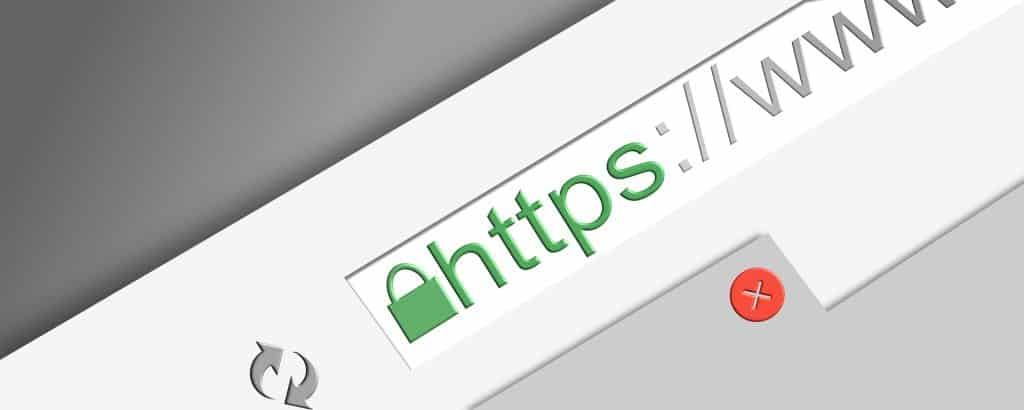
Privacy concerns in 2020 ? According to Statistics 87% of Canadians are concerned about their privacy and 32% are extremely concerned!
When we think about our grand-parents and great great grand-parents and so on, were people as aware of their privacy as today? They were worried more about what a neighbor would say or the village would say….! Times have changed!
There are many benefits to technology! But what about our privacy ? Has it advanced or on the contrary? How can we protect our privacy especially when we are surfing the Internet? Here are a couple of tips on how to do it.
Search Engine.
With all the latest scandals in the last years, are there search engines that still protect your privacy ? That don’t track you online, know what you like, dislike, what you like to eat and shop…! Yes! There are many like DuckDuckgo, Qwant….
See this link to see the Best ranked in 2022 : https://www.comparitech.com/blog/vpn-privacy/best-private-search-engine/
Incognito and Private mode
When surfing the internet you have the option to go on private mode if you go in your settings. Normally at the top right when you press on the 3 dots a menu will appear and you can press : New Incognito Window.
This will make private :
- Your browsing history
- Cookies and site data
- Information entered in forms
Your activity might still be visible to:
- Websites you visit
- Your employer or school
- Your internet service provider
So it’s not 100% private, but it’s better than nothing. Some people like going on private mode when they are filling forms and dealing with payments online.
Social Media
If using social media, limit personal information. Some people prefer their personal accounts not be public. This way only the circle of friends can see their posting. Some people have decided to simply not be on any social media platforms. Others just use it as business tool to grow their business. Either way, it’s a personal choice. Our privacy will always depend on what we decide to put or not on those platforms!
‘ Better think twice ‘ before posting something we might regret later 🙂
Strong Passwords
Some have seen their emails being breached. The hackers then used their contacts to ask money… Some have seen their social media account hacked. Others their bank, Netflix , cell phone account….. They say ‘Better Safe Than Sorry’!
Protect your Wireless Router
With remote work gaining in popularity it’s important to use a strong password to protect your wireless router at home. It will block and limit unwanted intrusions.
Enable Cookies – Choose Cookies
More and more websites are using cookies to track which websites you visit and what you do on them. Sometimes cyber criminals use these cookies to get sensible information. Before accepting ‘cookies’ make sure you’re on a reliable website. Some have decided to enable cookies on their browser.
Good Anti-Virus
We all know how quickly a virus spreads. It dose the same thing to your network. It can start by affecting you emails and then affecting your contacts in your emails…. It can do alot of damage. A good anti-virus will block these intrusions and avoid them from spreading.
Check for Sites with SSL certificate
SSL certificate stands for Secure Sockets Layer. According to Kapersky website it’s ‘ An SSL certificate is a digital certificate that authenticates a website’s identity and enables an encrypted connection. SSL stands for Secure Sockets Layer, a security protocol that creates an encrypted link between a web server and a web browser’.
Companies use SSL certificates to protect customers private information and transactions.
To see if a website has a SSL certificate you will see a ‘Lock’ symbol just before the website address.
Choose the wave your surfing 🙂
